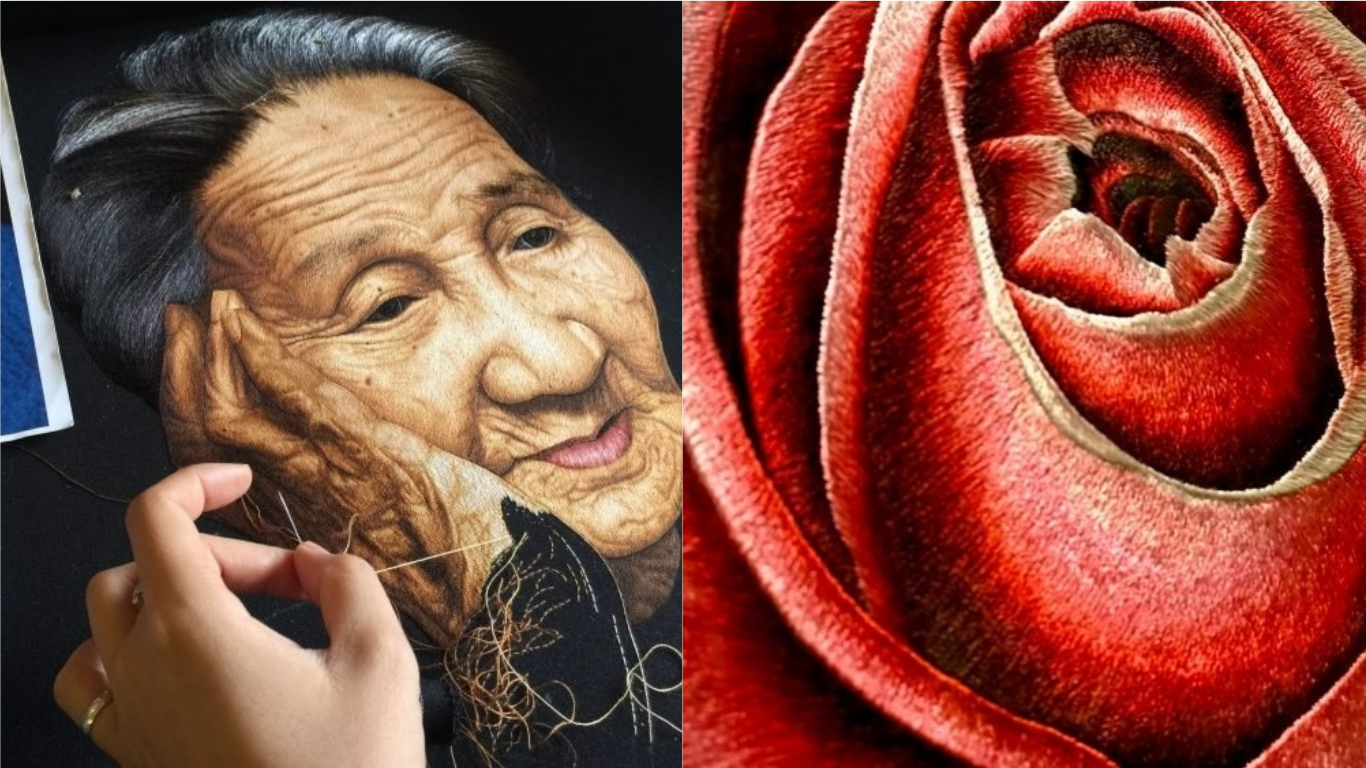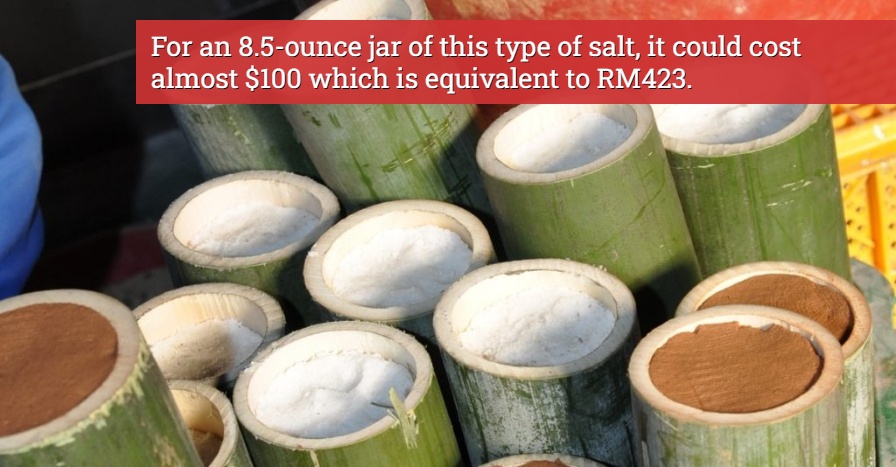This family has been making silk for generations. They have been growing and harvesting the threads from silkworms themselves to create luxury garments. Silkworms need to be fed almost 24 hours a day with mulberry leaves. But making lotus silk is different.
Phan Thi Thuan’s family is one of the few people in the world with the technique of weaving lotus silk. One of the rarest fabrics in the world, it is produced on small scale across Cambodia, Myanmar, and Vietnam. The lotus is Vietnam’s national flower and there is plenty of lotus farm in the country. While this method originated in Myanmar, Phan Thi Thuan only started experimenting with this fiber in 2017.
In comparison to silkworms, lotus silk is not easy to make. Extracting the silk for one scarf takes up to two months and the final products can cost 10 times more than regular silk.
But making this silk isn’t easy. Extracting enough lotus silk for one scarf can take two months, and the final product can cost 10 times as much as regular silk. The difference is that the lotus silk must be extracted by hand. Each stem contains a minuscule amount of thin, sticky fibers. The threads need to be processed within 24 hours. Otherwise, they’ll break. The plants are only available to harvest between April and October. Even after extraction, they are still very fragile. Once dry, they hand-spooled the thread before putting them into a loom.
Phan has a team of 20 workers creating these fibers each day, allowing them to produce 10 to 20 scarves each month. But when a 25-centimeter scarf can sell for just over $200, the hard work is worth it. The final product is unlike any other fiber. It’s soft like silk, breathable like linen, and slightly elastic.
Lotus silk products have become popular with tourists. It could cost $43 (RM178) per meter. International fashion brands such as Italian luxury textile company Loro Piana, part of Louis Vuitton picked up this fabric as part of their line. In fact, they sold a jacket worth $5600 (RM23,214) according to Wall Street Journal. But its scale has been limited, as there are still few trained in the making of these silk threads. Phan Thi Thuan hopes that this skill will one day grow to become a larger industry.
Source: Business Insider, South China Morning Post, Wall Street Journal









Leave a Comment